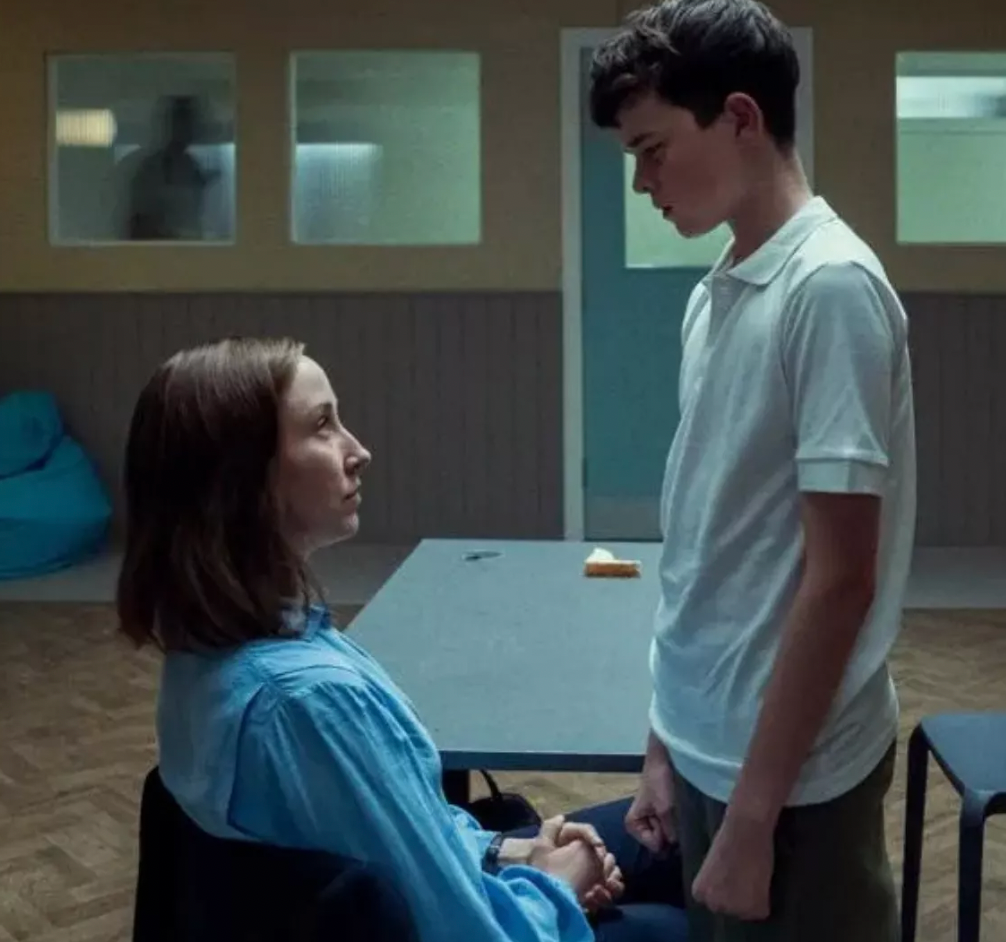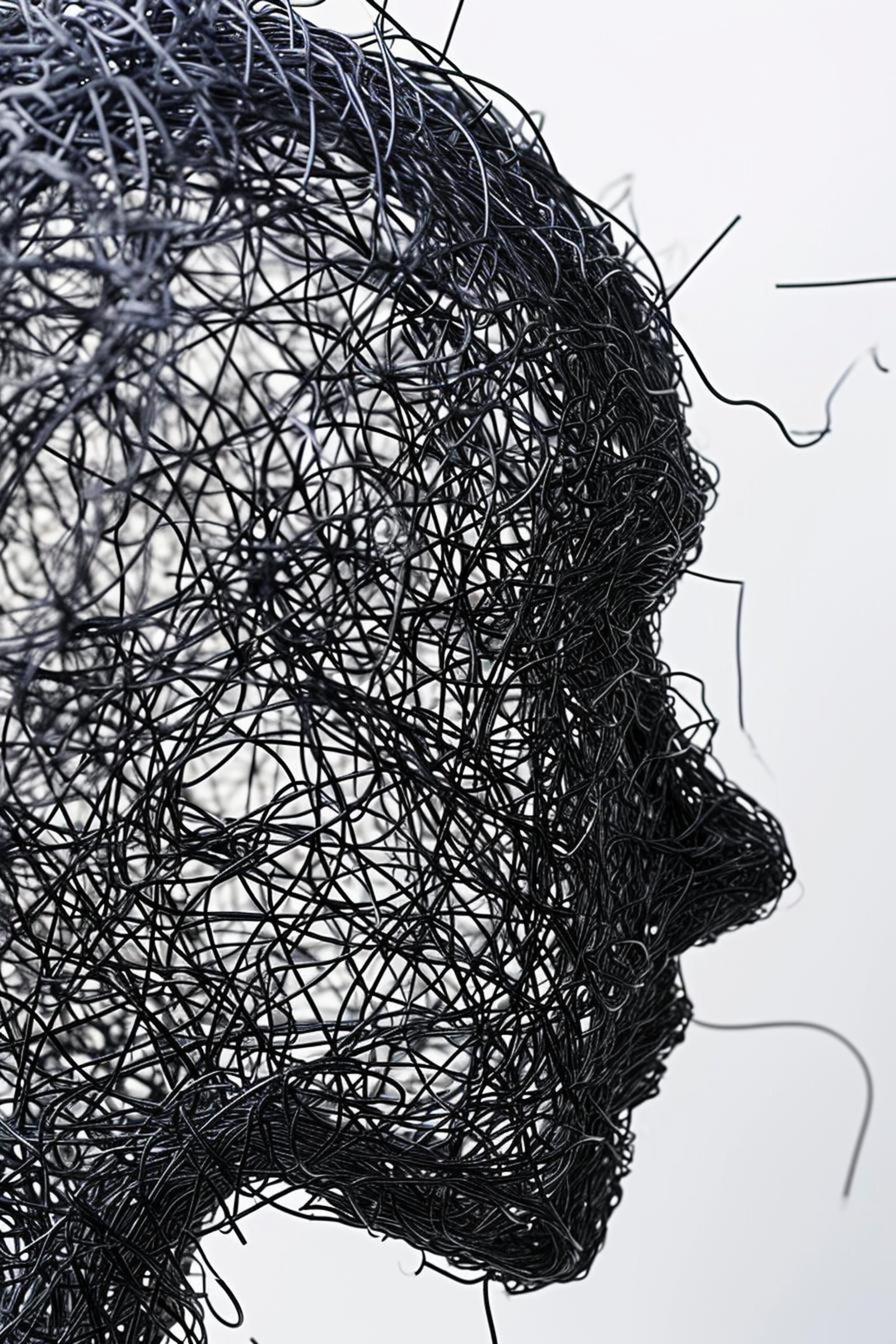Watching this was the rude wake up call that I felt a few years back when teaching some 13 year olds, as I mention in the text, they were not the 13 year olds I taught like so many other years, there was something so mature about them but simultaneously I felt they had lost a part of their youth, this documentary, although an extreme circumstance, kind of reminded me of what might happen if something isn’t done
“It’s funny what your brain tells you what to do when you are a child”
There’s a series out now that’s making waves—and as a teacher in a school that didn’t seem to have this problem (or at least not to our knowledge, which is the scariest part), it hits even harder. Adolescence isn’t just another show; it’s a deep dive into the raw realities of teenage life. With so many complex themes woven into its narrative, it honestly feels like we need a whole podcast just to unpack everything it touches on.
I’m not sure if this will be ½ blog or a 1/10 of a blog, but one thing is for certain: every child, every school, and every parent needs to watch this. And this isn’t just for parents whose kids go to public schools—it’s for everyone; everyone that has any kind of connection to a teen, a school, a parent which is practically everyone
A Generation Shaped by Social Media and Unspoken Struggles
A few years ago, when I was mentoring some kids after school, I noticed something unsettling. They weren’t the same as the kids I remembered. They were more advanced in some ways, and in others, they felt almost… intimidating. They were 13, but they seemed older, sharper, and their behaviour often left me speechless. I went to the school’s leadership team and said: These kids need to have real conversations—open, honest talks about things that are never discussed in class.
We need to talk about the deeper issues: how bullying leads to anger and violence, how self-doubt spirals into self-harm, and how the need for power drives their decisions. And let’s face it, as much as we like to think we know what kids are thinking—we have no idea. That’s the reality.
The response I got was a weak attempt at role-playing. I wasn’t looking for a play-acting exercise; I was looking for a real, meaningful conversation.
Safe Spaces: A Crucial Need for Today’s Youth
“All kids really need is one thing that makes them feel ok about themselves”. That’s the heart of the “safe space”—where they aren’t constantly at war with social media, bullying, or the pressure of test scores. It’s a place where they can talk openly without fear of judgment. Unfortunately, with everything that’s going on, teens today don’t just face peer pressure in person—they deal with it 24/7 online. This constant onslaught takes a huge toll on their self-esteem.
In Season 3 of the series, we watch a character fixate on whether the psychologist likes him, after all the questions and anger and torment, that’s what it boiled down to. It may seem trivial, but this is the reality: teens crave acceptance. They’re bombarded by social media validation, constantly checking likes and comments, and it eats away at their confidence. It’s a cycle of negativity. And as soon as someone gives them that little bit of validation—whether it’s a like or a comment—their world shifts but that world shifts even greater when that goes in the opposite direction
The Dark Side of Power: What Happens When Teens Feel Weak
At a certain point in the series, a character screams at someone, asserting dominance and relishing the moment of power. He says, “Signaling him away like a f***ing queen,” and gets satisfaction from making her flinch. The power to intimidate—that’s what he craves. I’ve seen this play out in real life more times than I can count unfortunately and if you are reading this and you too have done it at whatever age think about how it made you feel and why you did it. Power, in its most twisted form, comes from knowing you can make someone feel small. And in a world where everything feels uncertain, having power feels like the one thing you can control.
It’s a harsh reality, but it’s what too many teens feel today. They seek control because they feel powerless in almost every other area of their lives.
The Disconnect: Why Some Kids Don’t Understand Consequences
You might be reading this and thinking, This doesn’t sound like my child’s school. Maybe you believe this type of behavior isn’t happening around you or your teenager isn’t experiencing these struggles. But trust me, it’s everywhere.
The truth is, kids today often don’t grasp the concept of consequences. Empathy and understanding are in short supply. They don’t realize the weight of their actions, and when you try to explain the impact of bullying or harmful behavior, they laugh. Why? Because they don’t feel it firsthand as a consequence and how that thought or that remark may subconsciously do so much in a month, a year, a decade. Without that emotional connection, empathy is lost. They don’t see the consequences of their words or actions as real.
That’s where the gap lies: Kids act on impulse, without the critical thinking that comes later in life. They might understand immediate consequences, like a slap on the wrist, but they don’t think about the long-term effects—like how a comment can ruin someone’s day, or how bullying can leave lifelong scars.
Schools Must Do More Than Just Teach Academics
This series is a wake-up call—a reminder that schools must teach more than just math, science, and the bare minimum of PSHE (Personal, Social, and Health Education). These issues need to be addressed directly and openly, with no sugarcoating. We can’t just skim over the surface and expect it to be enough. We need raw, real conversations about the pressures kids face today because this is what happens when we don’t pay attention to details.
If you know somebody that has not watched this series, make them watch it, urge them to watch it, and if you can discuss it with them, because thats what this is all about, having the tough conversations


